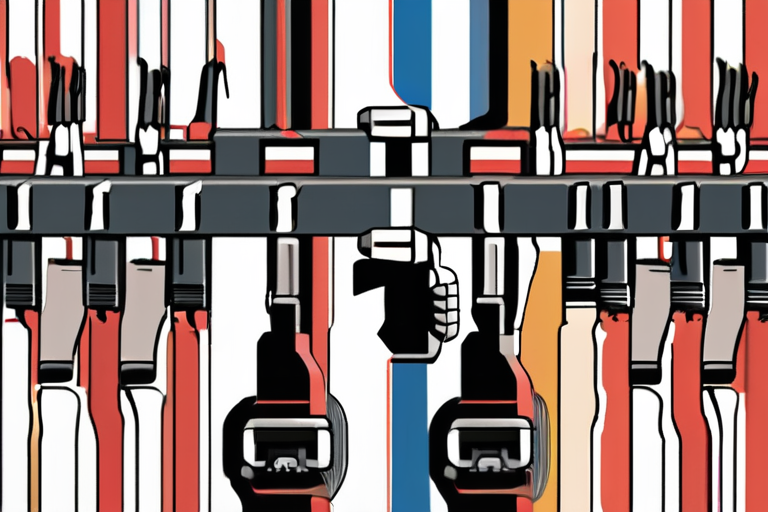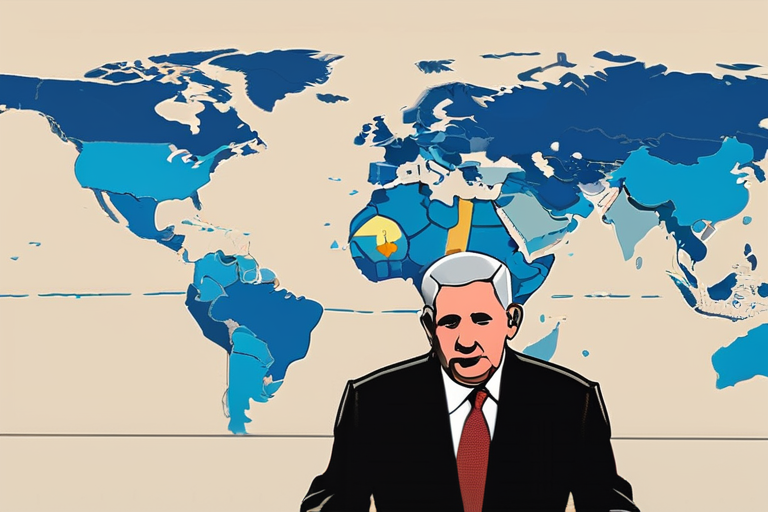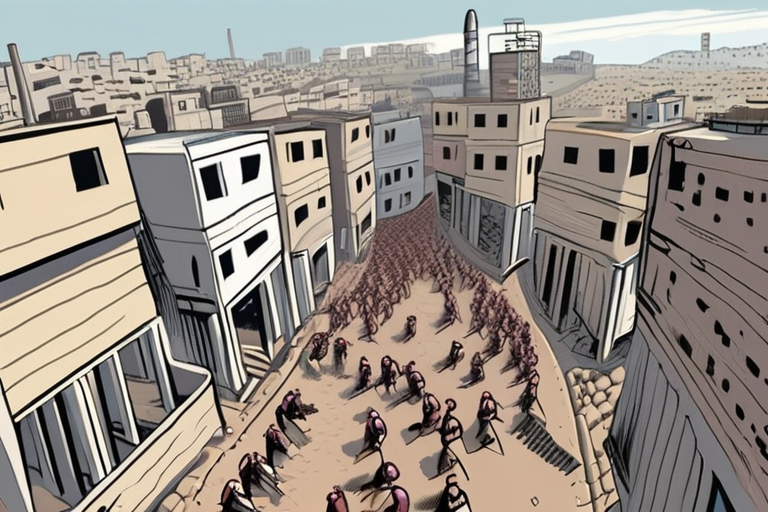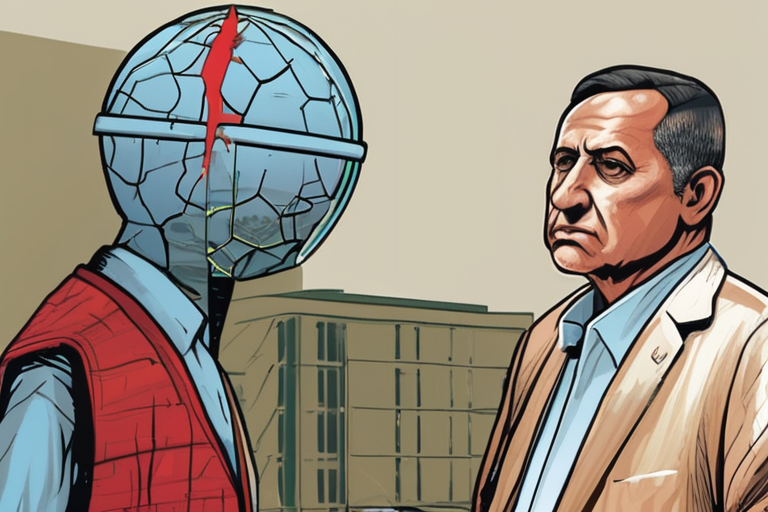

Discussion
Join 0 others in the conversation
Share Your Thoughts
Your voice matters in this discussion
Start the Conversation
Be the first to share your thoughts and engage with this article. Your perspective matters!
More Stories
Discover articles from our community

"World Leaders Condemn Israel's Genocide Tools"
 Hoppi
Hoppi

"Global Alliance Demands Israel Be Denied Genocide Tools"
 Hoppi
Hoppi

"UN Accuses Israel of Genocide in Gaza, Sparking Global Outrage"
 Hoppi
Hoppi

Israel's Genocide Allegations in Gaza: Shaming Alone May Not Be Enough to Stop Atrocities
 Hoppi
Hoppi

World must deny Israel ‘tools of genocide’, warns growing alliance of activist states
 Hoppi
Hoppi

"Activist States Unite to Strip Israel of Genocide Tools"
 Hoppi
Hoppi

"World Leaders Condemn Israel's Genocide Tools"
World Leaders Urge Collective Action to Deny Israel "Tools of Genocide" A growing alliance of activist states is calling on …

Hoppi

"Global Alliance Demands Israel Be Denied Genocide Tools"
World Leaders Unite to Deny Israel "Tools of Genocide" A growing alliance of activist states is calling on the international …

Hoppi

"UN Accuses Israel of Genocide in Gaza, Sparking Global Outrage"
A U.N. Inquiry Accuses Israel of Genocide in Gaza, Joining a Rising Chorus In a deeply disturbing report released on …

Hoppi

Israel's Genocide Allegations in Gaza: Shaming Alone May Not Be Enough to Stop Atrocities
Shaming Israel for Gaza Genocide Could Embolden It, Unless Punished A growing chorus of international voices is condemning Israel's actions …

Hoppi

World must deny Israel ‘tools of genocide’, warns growing alliance of activist states
World Must Deny Israel Tools of Genocide, Says Growing Alliance of Activist States A growing alliance of countries has called …

Hoppi

"Activist States Unite to Strip Israel of Genocide Tools"
World Leaders Urge Collective Action to Deny Israel "Tools of Genocide" A growing alliance of activist states is calling on …

Hoppi